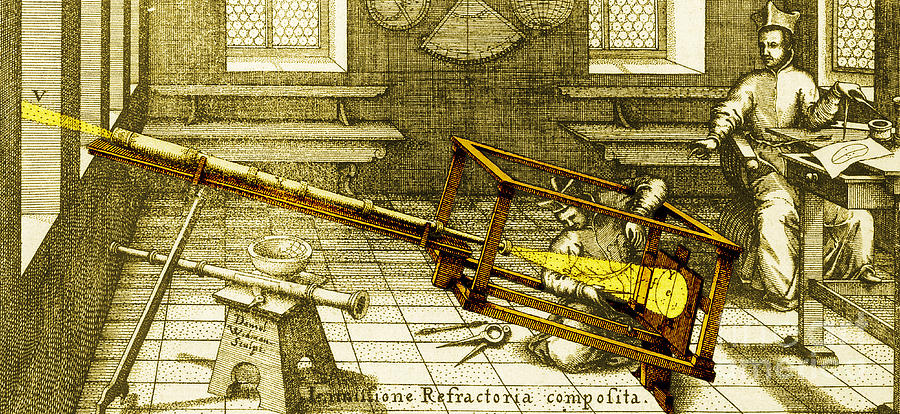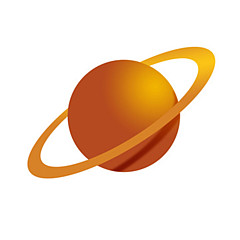
Christoph Scheiner, German Astronomer #1

by Science Source
Title
Christoph Scheiner, German Astronomer #1
Artist
Science Source
Medium
Photograph - Photograph
Description
Christoph Scheiner (July 25, 1573 or 1575) - July 18, 1650) was a German Jesuit priest, physicist and astronomer. He spent the years 1598-1601 in Ingolstadt studying philosophy, metaphysics and mathematics. In 1603, he invented the pantograph, an instrument which could duplicate plans and drawings to an adjustable scale. In the years between 1610 and 1617 he taught mathematics and Hebrew. He lectured on sun dials, practical geometry, astronomy, optics, and the telescope. In 1611, he observed sunspots. In 1614, he manufactured a terrestrial telescope, and a portable camera obscura. In 1619 his Oculus hoc est Fundamentum opticum was published. It contained many new insights into the physiological nature of the eye. The book is divided into four parts 1) the question of priority of discovery in regard to sunspots, 2) describes telescopes, different kinds of projection and the helioscope but also compares the optics of the telescope to the physiological optics of the eye, 3) a comprehensive collection of the data from his observation of sunspots, and 4) solar phenomena, the sun's rotation period of 27 days, the inclination of its axis of rotation, and passages and quotations from the Bible, the writings of the Church Fathers and philosophers to prove that his geocentric view is in accordance with the teachings of the Catholic Church. While living in Rome he published three book, Rosa Ursina sive Sol, on sunspots, which served as a standard work for research work on the sunspots for a long time. Pantographice, about the pantograph which he had invented, and in 1633, his last work Prodromus, a pamphlet against the heliocentric theory published posthumously in 1651. He died in 1650 at the age of 74 or 76.
Uploaded
March 14th, 2013
Embed
Share
Comments
There are no comments for Christoph Scheiner, German Astronomer #1. Click here to post the first comment.






















































